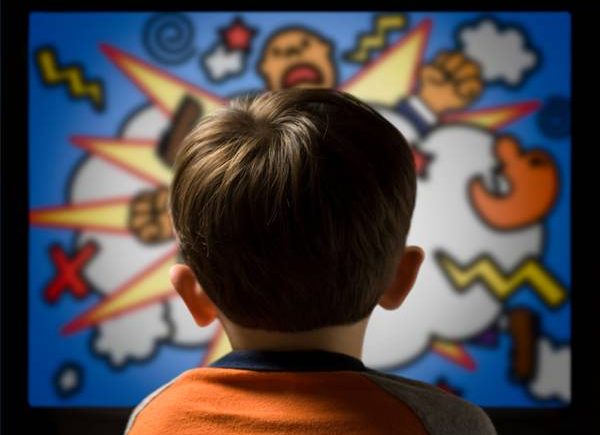Summarize the three different theories of aggression. Theories of Aggression: Ever felt you need to kick some people’s butt, yet you couldn’t and had to kick the wall instead? Ever wondered why a three year old yells and screams like an adult? Every wondered why a parent of any kind (human/animal) would possibly kill for any sign of a threat? It’s simple. It’s aggression in three of its kinds; Frustration-Aggression theory Social Learning theory Aggression as an instinct – theories of aggression I personally am very interested in aggression as I could be quite aggressive myself. Aggression: Is any action that’s intended to cause harm. Be it verbal or physical. There are two types of aggression, and they are; Hostile/hot aggression: Is to do something aggressive and get some sort of satisfaction from it. Perhaps, planning someone’s murder or robbing a bank. You get some sort of emotional reward from it. Instrumental/cold […]
Juries’ verdicts influenced by their individual dispositions
How are the Juries’ verdicts influenced by their individual dispositions and by their working together? Explain with examples from Pakistani Society. It is impossible for a single juror to comprehend all of the facts, events, and nuances contained in a courtroom case presentation. No matter how intelligent or experienced a juror is in making important decisions, every juror, like every person, has limitations. For example, individual jurors engage in a variety of coping mechanisms which “filter” information and shape perceptions so as to create understanding and comfortable feelings and to minimize dissonance. Individual jurors are also limited in their decision making abilities by varying emotional reactions, differing assessments of attribution, varying intellectual capacities, varying abilities to recall, differences in cultural views and sensitivities, widely varying life experiences, and many other factors. As a result, jurors construct different stories or assessments of court cases even though every juror was exposed to […]
Historical Perspective of Sociology
Historical Perspective of Sociology toward understanding the definition of Sociology — All inquiries were once a part of philosophy, that great mother of the sciences, and philosophy embraced them all in an undifferentiated and amorphous fashion. One by one, however, with the growth of Western civilization, the various sciences Cut the apron strings, as it were, and began to pursue separate and independent courses. Astronomy and physics were among the first to break away, and were followed thereafter by chemistry, biology, and geology. In the nineteenth century two new sciences appeared: psychology or the science of human behaviour; and sociology j or the science of human behaviour; and sociology, or the science of human society. Thus, what had once been cosmology, a subdivision of philosophy, became astronomy; what had once been natural philosophy became the science of physics; what had once been mental philosophy, became the science of psychology; and […]
MSc Mass Communication Spring 2012 Social Psychology – II Code 5640
MSc Mass Communication Spring 2012 Social Psychology – II Code 5640 Allama Iqbal Open University, Islamabad
MSc Mass Communication Spring 2012 Social Psychology – I Code 5639
MSc Mass Communication Spring 2012 Social Psychology – I Code 5639 Allama Iqbal Open University, Islamabad
Factors in The Process of PEACE MAKING
Some powerful forces can transform hostility into harmony. In the light of this statement, discuss the factors that can play an important role in the process of “PEACE MAKING”. Peace Making? The term “peacemaking” is used in two ways. First, peacemaking is sometimes used to refer to a stage of conflict, which occurs during a crisis or a prolonged conflict after diplomatic intervention has failed and before peacekeeping forces have had a chance to intervene. In this context peacemaking is an intervention during armed combat. The second way the term is used is to mean simply “making peace.” Idea of making peace implies a certain devotion towards that goal. Peacemaking is necessary and important in cases of protracted violence that do not seem to burn themselves out and in cases where war crimes and other human devastation demand the attention of outside forces. In both cases, peacemaking always implies the […]
